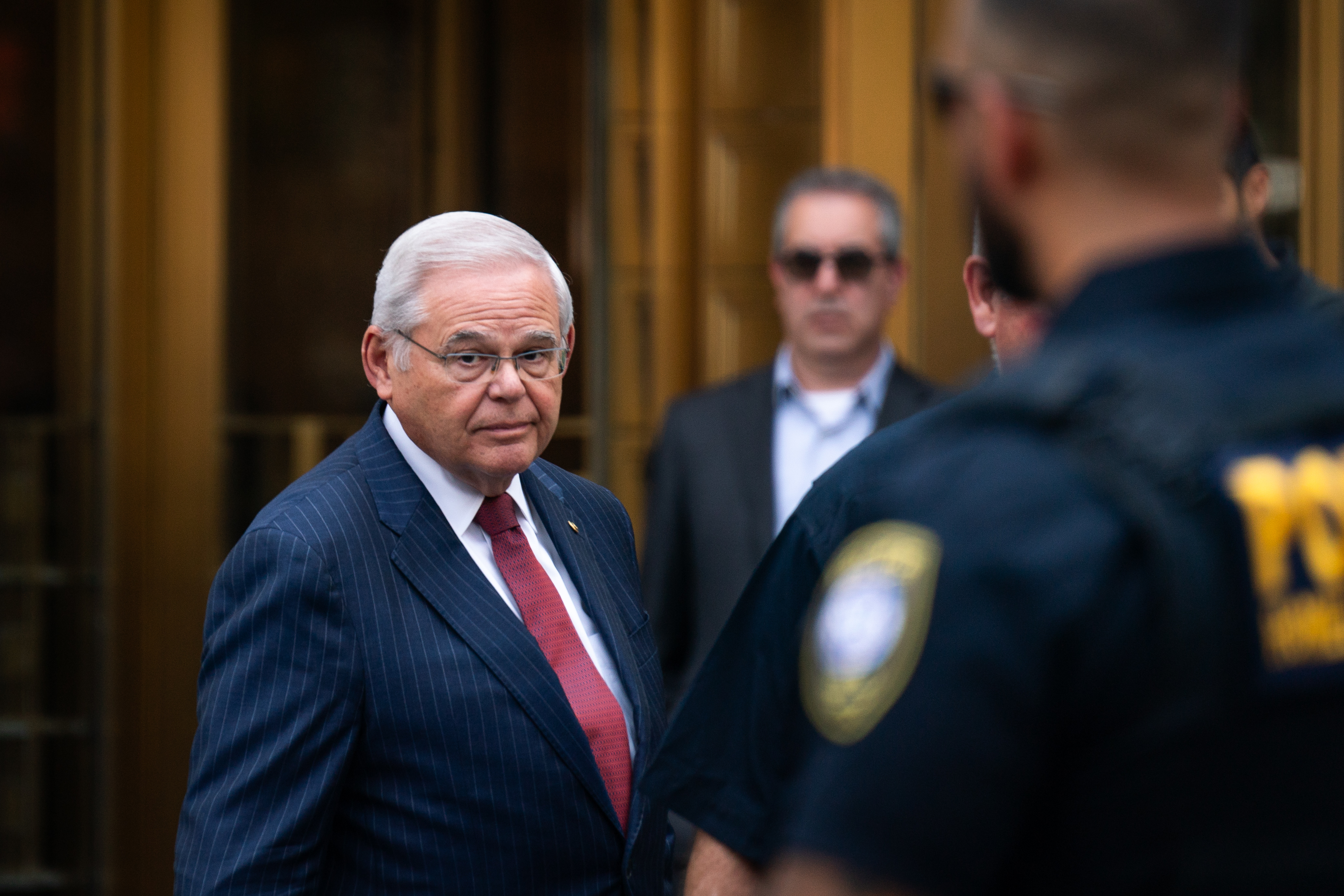The Biden administration is considering new rules that would require airlines to pay passengers for significant delays within a carrier’s control.
The Biden administration is considering new rules that would require airlines to pay passengers for significant delays within a carrier’s control.
The U.S. Department of Transportation on Thursday launched a rule making process, billed as a measure to “protect passengers stranded by airlines,” that is now open for public comment.
It seeks to establish baseline standards on what airlines should give passengers if there are disruptions, including a cancellation or a lengthy delay due to airline-related circumstances, such as a mechanical issue or an IT system breakdown.
The proposed standards include requiring airlines to compensate passengers for delays on a tiered scale: $200 to $300 for domestic delays of at least three hours, $375 to $525 for delays of at least six hours, and $750 to $775 for delays of at least nine hours.
The department is also considering whether small airlines should pay less than large ones and whether compensation should be required if a passenger is notified a week or two in advance of the cancellation or significant delay.
Other proposals include requiring airlines to rebook passengers at no additional cost on the next available flight, covering meals, overnight lodging and related transportation expenses for stranded passengers.
The public has 60 days to offer comments.
U.S. & World
It comes as over 60% of three-hour or longer domestic flight delays were “airline-caused” in 2022 and 2023, according to airline data submitted to DOT.
Further, Congress’ Government Accountability Office found that flight cancellations from July 2021 to April 2022 potentially affected over 15 million passengers and delays potentially affected over 116 million people.
Feeling out of the loop? We'll catch you up on the Chicago news you need to know. Sign up for the weekly Chicago Catch-Up newsletter.
The news release noted that the U.K., E.U., Canada and Brazil have consumer protections to compensate passengers and provide services of significant delays in place.
“One study found that the European Union’s compensation and service requirements reduced the likelihood and duration of flight delays,” the DOT said in a news release said.
Currently, airlines are required to refund passengers for canceled flights, but there are no mandates in place for delays. Several airlines must provide at least $50 in credits or vouchers for disruptions, the DOT said.
The DOT noted that 10 major U.S. carriers have already committed to rebooking stranded passengers at no additional cost and cover meals during airline-caused disruptions, and nine have committed to providing lodging and related transportation expenses.
“However, airlines can change course on their customer service commitments at their discretion, and it is often up to the airlines to determine when they are responsible for a flight delay or cancellation,” the DOT release said.
Airlines For America, a trade group that represents American Airlines, United and Delta and others, criticized the news saying: “A4A carriers are providing automatic refunds if the passenger chooses not to be rebooked — regardless of whether the significant delay or cancellation is within the carrier’s control — and also providing reimbursements for food, transportation and lodging for significant controllable delays.”
The group said that mandating additional cash compensation “will drive up ticket prices, make air travel less accessible for price-sensitive travelers and negatively impact carrier operations.”
The group called for the Biden administration to focus on other airline industry problems, such as the air traffic controller shortage and the Federal Aviation Administration infrastructure.
This story first appeared on NBCNews.com. More from NBC News:



